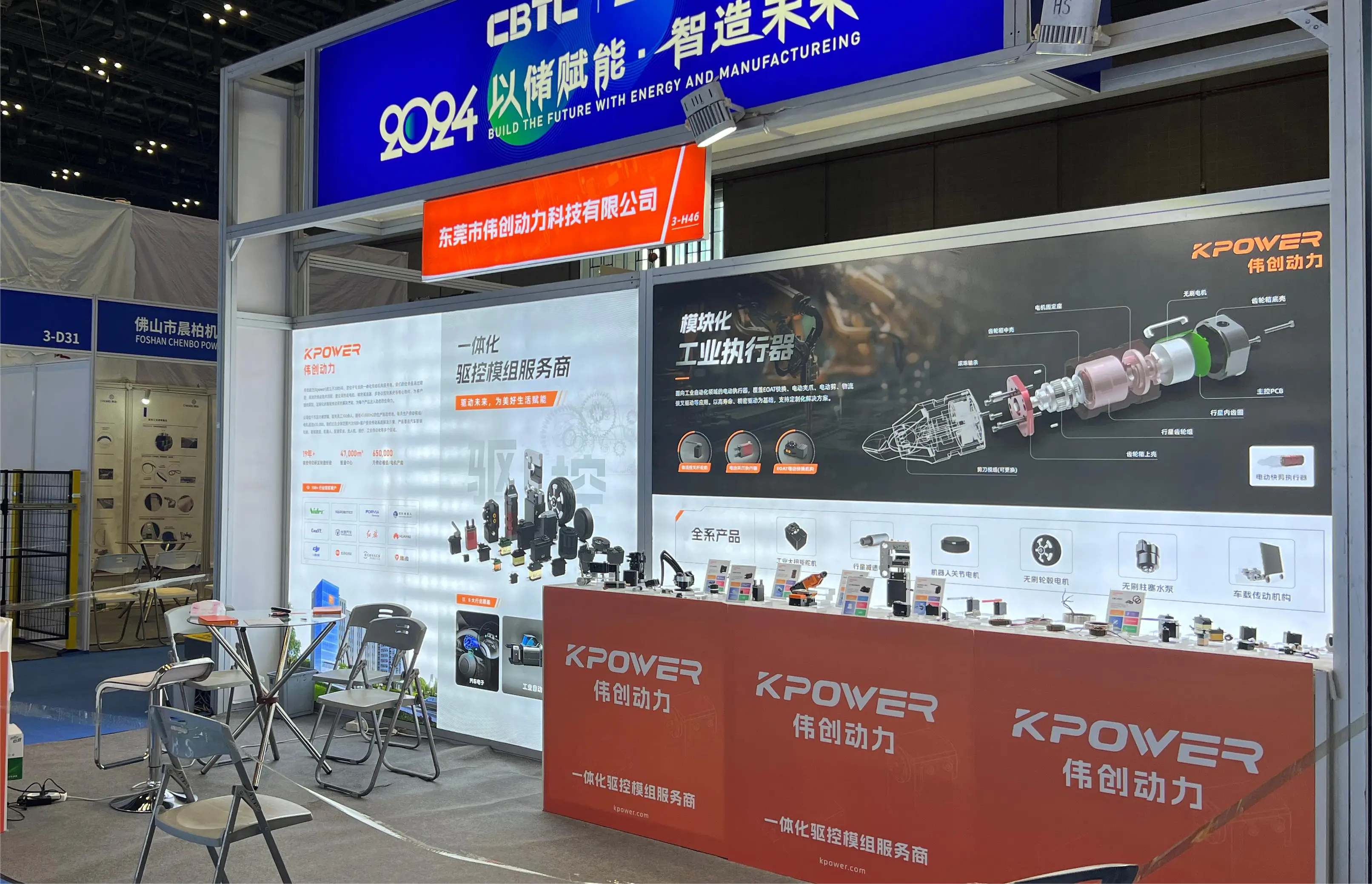In the fast-evolving world of automation, robotics, and mechanical precision, the demand for reliable, powerful, and accurate motors has never been higher. Among the many options available, the NEMA 23 stepper motor stands out as a staple in countless industries, appreciated for its versatility and robustness. When paired with a planetary gearbox, this powerful duo becomes an unstoppable force, unlocking a new realm of performance tied closely to the dreams of engineers, hobbyists, and industrial operators alike.

What Makes the NEMA 23 Stepper Motor Special?
At its core, the NEMA 23 stepper motor is renowned for its standardized size, which measures approximately 2.3 inches (or 57 mm) square — hence the designation "NEMA 23". This standardization ensures compatibility with a broad range of mounting setups and accessories, making it a go-to choice for anyone seeking a balance of power and precision. Unlike DC motors that require complex feedback systems for control, stepper motors are inherently capable of precise position control through discrete steps, which simplifies their integration into automated systems.
Specifically, NEMA 23 stepper motors are known for their impressive torque-to-size ratio. These motors can generate significant holding torque and rotational force without the need for complex feedback, especially when operated within their specified voltage and current limits. They excel in applications like CNC machines, 3D printers, automation equipment, and robotics, where precise control of movement is key.
The Limitations of Raw NEMA 23 Motors
While the NEMA 23 stepper motor is a marvel of engineering, it does come with certain limitations. Chief among these are torque output at higher speeds and the mechanical stress experienced during rapid movements. As the motor spins faster, the torque it can produce tends to decrease—a phenomenon known as torque droop. This often requires designers to choose larger or more powerful motors for high-speed applications, which can increase costs and complexity.
Furthermore, the inherent stepwise nature of these motors may lead to vibrations or skipped steps when they are driven beyond their optimal parameters. In dynamic environments where acceleration, deceleration, and load variations are continuous, maintaining smooth and accurate motion demands more than just a powerful motor.
Enter the Planetary Gearbox
This is where the planetary gearbox becomes a game-changer. A planetary gearbox, also known as an epicyclic gearbox, is a type of gear system that distributes torque through multiple planetary wheels rotating around a central sun gear, engaging with ring gear on the outside. The design provides several unique advantages that complement the characteristics of a NEMA 23 stepper motor.
One of the most significant benefits is the ability to increase torque output while reducing the motor's speed. By gearing down the high rotational speed of the stepper motor, the planetary gearbox allows for a more forceful, controlled movement at the output shaft. Think of it as translating a fast, less forceful input into a slower, more powerful output—like gearshifting a bicycle to conquer a steep hill.
Additionally, planetary gearboxes offer high efficiency and compactness, fitting neatly into tight spaces often encountered in robotics or automation setups. Their load distribution across multiple gear contacts minimizes wear and tear, leading to increased lifespan and consistent performance.
Precision Meets Power: The Perfect Match
When combining a NEMA 23 stepper motor with a planetary gearbox, you effectively harness the benefits of both components. The motor provides precise step control, perfect for applications requiring exact positioning. The planetary gearbox, with their high gear ratios, amplifies torque and smooths output motion without sacrificing precision—thanks to their minimal backlash and high rigidity.
This pairing is particularly appealing in scenarios such as robotic arms needing steady, strong grip capabilities, or CNC machines requiring consistent, high-precision cuts even under demanding loads. Its modularity also makes it highly adaptable, allowing engineers to fine-tune the combination for specific performance requirements by selecting suitable gear ratios.
Real-world Applications: From Hobby to Industry
The versatility of the NEMA 23 stepper motor with planetary gearbox makes it suitable across various sectors. In hobbyist projects, it can be used for 3D printers and small CNC setups, bringing more accuracy and strength. Industrial settings utilize these gearboxes to automate heavy equipment, where sustained torque and durability are critical.
In medical devices, the combination ensures delicate yet firm control, aiding in surgical tools and laboratory automation. Agricultural machinery, packaging lines, and even space applications (thanks to its robustness) also benefit from this powerful pairing.
Customizing Your Setup
For those venturing into customization, selecting the correct gear ratio is vital. A higher gear ratio amplifies torque but reduces speed, suitable for lifting or applying force, while a lower ratio maintains higher movement speeds with moderate torque. Understanding your application's load, speed, and accuracy demands will guide the choice of an ideal combination.
In conclusion, the NEMA 23 stepper motor paired with a planetary gearbox creates a synergy that elevates machine performance across countless applications. It epitomizes how blending reliable motor control with intelligent gear systems can unlock precision, power, and durability—delivering results that seem almost revolutionary. Whether you're building a precise robotic arm, automating a manufacturing line, or scaling your DIY endeavors, this dynamic duo offers a compelling toolkit that continues to push the boundaries of mechanical achievement.
Leveraging innovations in modular drive technology, Kpower integrates high-performance motors, precision reducers, and multi-protocol control systems to provide efficient and customized smart drive system solutions.




































